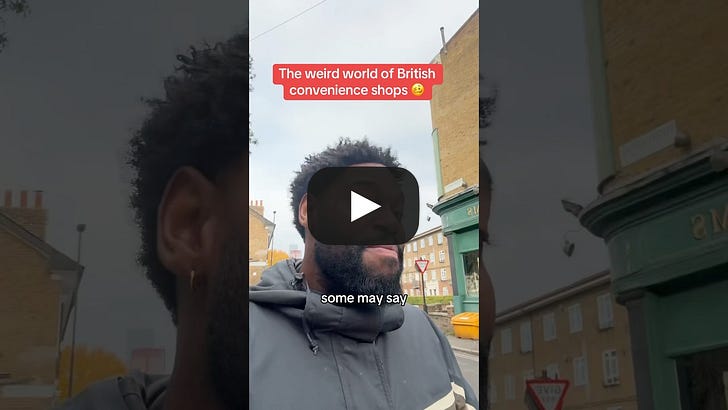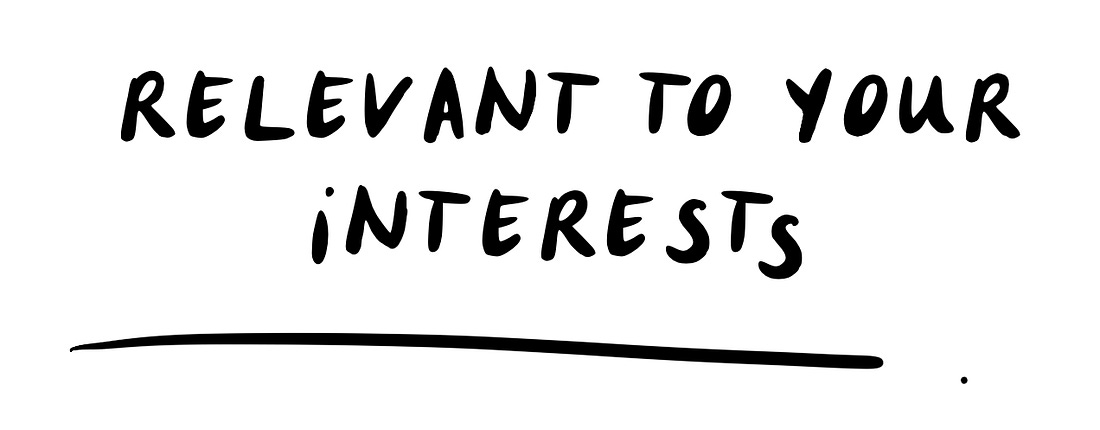East European bureaucracy fixed my control issuesPlus: A bursary for writers looking to explore new directionsWelcome to another edition of Relevant To Your Interests, stories, insights + recs from unexpected places. If you value these dispatches, consider becoming a paid subscriber to support independent writing that connects the dots. In this edition:
Keep reading :) Sponsored by: Get your idea out of your notebook and onto the big screen with Prototipe. Apply on our website to join Prototipe's (free) community of journalists for a chance to be awarded a $1,000 stipend and to work with our team to develop your IP into doc/doc-series/feature film. THE TRANSYLVANIA DIARIES #1"I need a favour," I say into the phone, and immediately want to hang up. These four words, so simple, have always felt like admitting defeat. But I need help with paperwork at the town hall, and my usual strategy of hiding behind emails won't work. I hate asking people for help. Partly because I don't want to inconvenience others, but deep down, I think it makes me look incapable. When I absolutely have to reach out, I prefer to do it by text, so the screen can shield my shame. Until now, technology has enabled this avoidance. I defaulted to apps, convincing myself they were simply more efficient. But here in Romania, I can't hide anymore. Not because there aren't digital solutions – there are plenty – but because of my language abilities. My Romanian is conversational; I can chat, but I can't write! So when I need something, I'm forced to confront my discomfort and actually pick up the phone. What's making this easier is that in Transylvania, asking for help isn't a last resort – it's a way of life. People take genuine pride in being useful to others. If someone can't help directly, they'll find a guy who knows a guy. This cultural attitude is slowly helping me unlearn my over-reliance on self-sufficiency. That afternoon at the town hall, I felt embarrassed that I couldn’t handle such a basic task alone. But as we approached the desk with the forms, a problem came up that meant I needed to re-submit the paperwork. We went to a coffee shop to regroup, laughing at the absurdity of bureaucracy in any language. As I prepared yet another form, we talked about what was going on in our lives. What I'd seen as an imposition ended up creating space for genuine connection. Maybe to be truly capable doesn’t mean doing everything alone, but having the courage to make the call. ON MY RADARAI copycat drama. Sorry not sorry to say that I love the schadenfreude of OpenAI, which trained its models on others' work, now fuming over Chinese rival DeepSeek allegedly copying them. Meanwhile, books written by humans are getting a special badge, thanks to a new certification from the US Authors Guild. Star economist quits the NYT to go solo. Paul Krugman's exit story reads like a cautionary tale of modern media: scared management, opaque decision-making, and haemorrhaging talent. But his departure highlights a much bigger issue – if every big (or even medium!) name becomes a one-person media shop, are we just accelerating the very fragmentation that's breaking journalism in the first place? Half of freelancers report mental health decline. Leapers' latest report is sobering: 45% reported declining mental health in 2024, citing cost of living, global conflicts, and work instability. Plus: nearly one-third are "forced freelancers" – pushed into self-employment by redundancies or workplace inflexibility, especially affecting carers, neurodiverse, and disabled workers. Substack’s platform politics. While everyone's fixating on Substack's latest controversy, I'm more concerned about the collateral damage. Last week, a fellow writer sent me a screenshot of a reader cancelling their paid subscription specifically citing platform concerns. A stark reminder that in these debates, it's often independent writers who end up paying the price. Yet another New York media startup launches. Breaker Media is set to launch with a $12/month newsletter + podcast; exactly what we needed, another Manhattan-based news outlet! LinkedIn’s theatre of the absurd. Two posts caught my eye recently: First, "Hunger is the key to success" – a perfect example of how we've recycled toxic diet culture language into career advice. Same harmful playbook: glorifying deprivation, fetishising discomfort, selling suffering as achievement. Same harmful message, different packaging. Then there's the viral "$340k in San Francisco is unlivable" post. I’m obsessed. 25,000+ comments of people earnestly debating what's clearly satire, all while maintaining that distinctly LinkedIn-flavored professional politeness. If you value my insights and analysis alongside personal dispatches from Transylvania, consider becoming a paid subscriber. Your support ensures this newsletter's future and helps me bring you unexpected stories and connections. SOME PERSONAL NEWS
CURRENTLY CONSUMING
JUST FOR LAUGHS
 |




